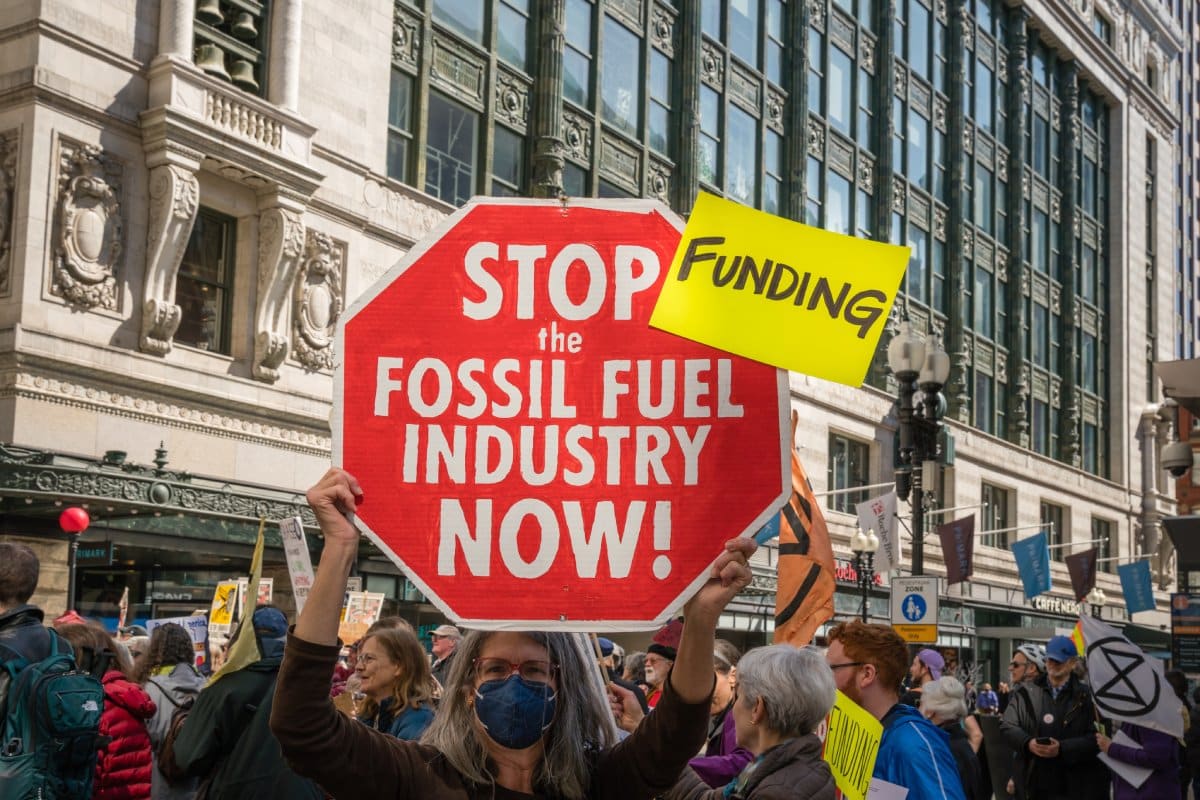Have you ever wondered how climate change denial impacts more than just the environment? Despite the overwhelming evidence, denying climate change has far-reaching consequences that affect every aspect of life in the U.S.
Natural Disasters on the Rise

It turns out that climate change denial isn’t just about ignoring science. It leads to unpreparedness for natural disasters like hurricanes, wildfires, and floods, which are becoming more frequent and severe.
Costly Consequences

Ignoring climate change delays crucial actions, which means the costs of disaster recovery, infrastructure repair, and healthcare skyrocket.
Public Health Takes a Hit

It’s not just the planet that suffers—our health is on the line too. Denying climate change exacerbates health issues like respiratory problems, heat-related illnesses, and the spread of diseases like Lyme disease.
Farming Fails

American agriculture faces new challenges as climate patterns become unpredictable. Droughts and floods can devastate crops, leading to food shortages and higher prices.
Stuck in the Fossil Age

Denying climate change stalls the transition to renewable energy, keeping the U.S. hooked on fossil fuels, which pollute the air and water.
Vanishing Wildlife

Our ecosystems are under threat as climate change wipes out habitats, driving species to extinction and disrupting natural processes.
Crumbling Infrastructure

Rising sea levels and extreme weather events aren’t just headlines—they’re realities that are eroding our roads, bridges, and buildings, leading to costly repairs.
National Security Threats

The U.S. Department of Defense has labeled climate change as a “threat multiplier,” meaning it worsens global tensions and conflicts.
Missing Out on Jobs

The denial of climate change isn’t just bad for the environment—it’s bad for business. The renewable energy sector is booming, but denial slows job growth in this field.
Lost Opportunities

By denying climate change, the U.S. is losing out on becoming a leader in the global green economy, which is a massive missed opportunity.
Pollution Problems

Sticking with fossil fuels increases pollution, which harms millions of Americans, particularly in low-income and minority communities.
Social Inequality

Climate change doesn’t affect everyone equally. Low-income communities and people of color are hit hardest, widening the gap between the haves and have-nots.
Leadership Lags

As the rest of the world takes action, the U.S. risks losing its position as a global leader, making it harder to influence international policy.
Draining Resources

Natural disasters and health crises drain public funds that could be better spent on education, infrastructure, and social services.
Tourism Takes a Hit

As climate change damages national parks and coastal areas, fewer tourists visit, leading to economic losses in regions that depend on tourism.
Mental Health Crisis

It’s not just the environment that’s suffering—people are feeling it too. Climate anxiety is on the rise, affecting the mental health of millions of Americans.
Deepening Divides

Climate change denial feeds into political polarization, making it even harder to reach a consensus on vital issues.
A Dangerous Path

So, next time someone shrugs off climate change, remember: it’s not just about the environment. The refusal to act puts America’s economy, health, and security at risk. The good news? There’s still time to change course. But the clock is ticking, and the stakes couldn’t be higher.
Featured Image Credit: Shutterstock / Heidi Besen.
For transparency, this content was partly developed with AI assistance and carefully curated by an experienced editor to be informative and ensure accuracy.





